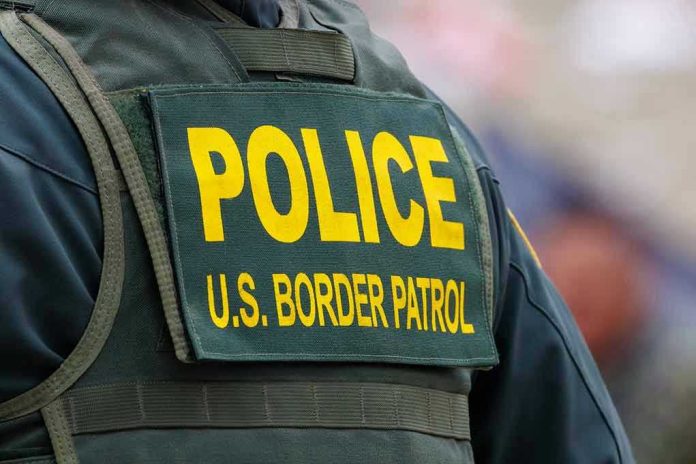
A grocery store’s initiative to offer free delivery to undocumented immigrants has ignited a heated debate over immigration enforcement and federal law.
Story Highlights
- Compare Foods in Charlotte offers free delivery to undocumented immigrants to avoid ICE.
- Critics argue the policy may violate federal law prohibiting the harboring of illegal immigrants.
- The initiative reflects ongoing national tensions over immigration policy.
- The program is set to run through December 31, 2025, amidst calls for federal investigation.
Grocery Store’s Initiative Sparks Controversy
Compare Foods, a grocery store chain in Charlotte, North Carolina, has announced a policy waiving delivery fees for undocumented immigrants. This initiative aims to help these individuals avoid the risk of encountering ICE and Border Patrol agents.
The policy was made public through a video statement by a store associate and has drawn significant attention on social media.
The initiative highlights the ongoing tension between community support and federal immigration enforcement. Critics argue that this policy may violate 8 U.S. Code § 1324, which prohibits harboring illegal immigrants. Supporters, however, frame it as a necessary humanitarian response to protect vulnerable community members.
Legal Implications and Community Reactions
The free delivery program has elicited polarized reactions from various stakeholders. Legal experts warn that Compare Foods could face legal risks if the policy is interpreted as harboring under federal law. Opponents have called for a federal investigation, citing potential interference with law enforcement efforts.
Local immigrant advocacy groups, however, support the initiative, viewing it as a crucial measure to ensure community safety and access to necessities. The program’s announcement has intensified debates over the balance between local support for immigrants and adherence to federal immigration laws.
Potential Long-term Consequences
In the short term, the policy provides undocumented immigrants with increased access to groceries while avoiding enforcement risks. However, the potential legal consequences for Compare Foods could have long-lasting impacts. If federal authorities pursue action against the store, it may set a precedent affecting other businesses considering similar initiatives.
Beyond legal ramifications, this situation underscores the broader national debate over immigration enforcement and the role of businesses in supporting immigrant communities. The outcome may influence how similar policies are perceived and implemented across the industry.
As the program continues through December 31, 2025, its implications for both the local community in Charlotte and national immigration policy remain uncertain. The story reflects the ongoing struggle to balance enforcement with compassion in addressing complex immigration issues.
Sources:
Charlotte Grocery Store Offers Illegals Free Delivery to Avoid ICE














